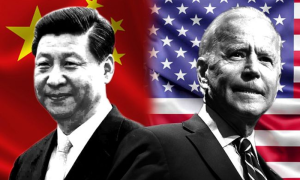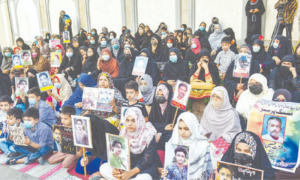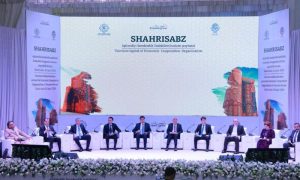Human rights commitments in political party manifestos hold immense significance, reflecting a party’s stance on fundamental rights and liberties. In the context of Pakistan, a country with a diverse socio-cultural landscape, examining how political parties address human rights in their manifestos provides valuable insights into their priorities and principles.
Defining Human Rights Commitments in Manifestos
Human rights commitments in political party manifestos encompass a broad spectrum of issues, ranging from civil and political rights to economic, social, and cultural rights. These commitments are articulated as promises, policies, and proposed legislative measures aimed at safeguarding and promoting the rights and dignity of individuals within the state.
Understanding the Socio-Cultural Landscape
Before delving into specific human rights commitments, it’s essential to contextualize them within Pakistan’s socio-cultural landscape. The country’s diverse population, consisting of various ethnicities, religions, and languages, presents unique challenges and opportunities in addressing human rights issues. Political parties must navigate this diversity to formulate inclusive and effective human rights policies.
Historical Context: Evolution of Human Rights Commitments
A historical analysis reveals the evolution of human rights commitments in Pakistani political party manifestos. From the early years of independence to contemporary times, tracing the development of these commitments provides insights into the changing priorities and challenges faced by political parties.
Common Themes in Human Rights Commitments
Examining the manifestos of major political parties reveals common themes in their human rights commitments. Issues such as access to justice, freedom of expression, gender equality, minority rights, and labor rights often feature prominently. Understanding these commonalities helps in assessing the consensus on key human rights principles.
Implementation Challenges: Bridging the Gap Between Promise and Reality
Despite the inclusion of human rights commitments in manifestos, the implementation often faces challenges. Political parties must navigate bureaucratic hurdles, societal resistance, and external pressures. Evaluating how effectively parties bridge the gap between manifesto promises and on-the-ground realities is crucial in assessing their commitment to human rights.
Gender Equality: A Focus on Human Rights Commitments
One notable area within human rights commitments is gender equality. Analyzing how political parties address issues such as women’s rights, gender-based violence, and economic empowerment sheds light on their dedication to creating a more inclusive and equitable society.
Minority Rights and Religious Freedom
In a country with diverse religious and ethnic communities, the protection of minority rights and religious freedom is paramount. Scrutinizing political party manifestos reveals the measures proposed to safeguard the rights of minorities and ensure religious freedom for all citizens.
Freedom of Expression and Access to Information
The right to freedom of expression and access to information is a cornerstone of democratic societies. Investigating how political parties address these rights in their manifestos provides insights into their commitment to an open and informed public discourse.
Labor Rights and Social Justice
Human rights commitments extend to labor rights and social justice. Analyzing the policies proposed by political parties regarding workers’ rights, minimum wage, and social safety nets sheds light on their approach to economic justice.
Human Rights in Foreign Policy
Beyond domestic considerations, human rights commitments often find expression in a country’s foreign policy. Exploring how political parties integrate human rights into their foreign policy agendas provides a comprehensive understanding of their commitment to universal rights principles.
Civil Liberties in the Digital Age
In an era of rapid technological advancement, civil liberties in the digital age have become a critical aspect of human rights. Political parties must address issues such as online privacy, surveillance, and freedom of expression in the context of evolving digital landscapes.
Public Awareness and Advocacy Efforts
Assessing public awareness of human rights commitments and the advocacy efforts made by political parties is essential. Effective communication and engagement with the public contribute to the success of human rights initiatives outlined in manifestos.
International Comparisons: Learning from Global Practices
Drawing comparisons with human rights commitments in political party manifestos globally provides valuable insights. Analyzing successful practices and learning from challenges faced by other nations contribute to the continuous improvement of human rights policies in Pakistan.
Challenges and Criticisms: Holding Parties Accountable
While political parties outline human rights commitments, they are not immune to criticism and challenges. Examining the criticisms leveled against parties and assessing their responses provides a nuanced understanding of the accountability mechanisms in place.
Towards a Human Rights-Centric Future
Human rights commitments in political party manifestos play a pivotal role in shaping the socio-political landscape of Pakistan. A comprehensive evaluation of these commitments provides citizens with the information needed to make informed choices. As Pakistan navigates the complexities of its socio-cultural diversity, political parties must strive towards a future where human rights are not just promised but actively protected and promoted.























